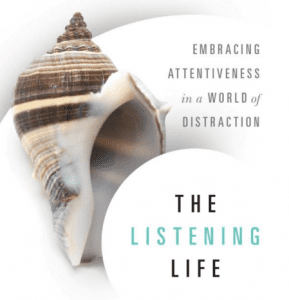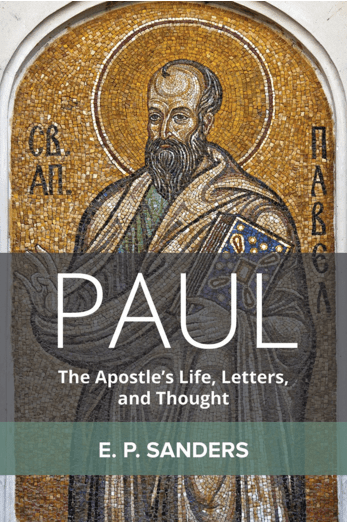So many books cross my desk that it’s not even remotely possible to blog about them nor is it fair, most of the time, to provide a kind of “Books Received” list at the end of each week or month. Every book that crosses my desk … I give a good look to see if it fits the blog and fits what I’m reading and sometimes books can’t be blogged through or they are about topics that aren’t of as much concern as others. The big picture for me is this question: What books are most helpful for the parish pastor/priest? I read for that audience.
Two books I want to recommend strongly but I can’t blog my way through right now — I’ve got a stack of such good books right now for the blog it’s unfair — are Dale Allison’s new, probably unaffordable for most of us, ICC commentary, A Critical and Exegetical Commentary on the Epistle of James and Jonathan Huggins, Living Justification: A Historical-Theological Study of the Reformed Doctrine of Justification in the Writings of John Calvin, Jonathan Edwards, and N.T. Wright.
 Dale Allison, now at Princeton, and I go back to the beginnings of our careers, when we each read one another’s dissertations — his on eschatology and mine on Matthew (unpublished and never to be published). His commentary, all three volumes, is the best ever written on Matthew and it, too, is in the ICC series. Dale has now published the ICC on James, and even if I’m a bit biased in the direction of my own commentary on James, I will admit til the day I die that (1) I’m glad his came out after mine to save me the work of sorting through all the stuff an Allison-commentary will bring to the surface and (2) that his is undoubtedly the standard for years to come. It is exhaustive in comprehension of exegetical and interpretive options, thoroughly grounded in ancient texts and sources, and opens with (his own admission) an inadequate listing of works (of 88 pages). That there is no indices is a blessing to our pocketbooks! Dale and I march along different paths on introduction and at times in exegesis — like author and date and context and theology and specific interpretations — but as I read over this commentary I realized how much there is to learn about this largely neglected book in the New Testament. No library is complete without Allison’s James and everyone who seriously studies James will begin right here … with great, great profit. You might need to check it out of your library, but can I suggest you request your library to purchase this volume?!
Dale Allison, now at Princeton, and I go back to the beginnings of our careers, when we each read one another’s dissertations — his on eschatology and mine on Matthew (unpublished and never to be published). His commentary, all three volumes, is the best ever written on Matthew and it, too, is in the ICC series. Dale has now published the ICC on James, and even if I’m a bit biased in the direction of my own commentary on James, I will admit til the day I die that (1) I’m glad his came out after mine to save me the work of sorting through all the stuff an Allison-commentary will bring to the surface and (2) that his is undoubtedly the standard for years to come. It is exhaustive in comprehension of exegetical and interpretive options, thoroughly grounded in ancient texts and sources, and opens with (his own admission) an inadequate listing of works (of 88 pages). That there is no indices is a blessing to our pocketbooks! Dale and I march along different paths on introduction and at times in exegesis — like author and date and context and theology and specific interpretations — but as I read over this commentary I realized how much there is to learn about this largely neglected book in the New Testament. No library is complete without Allison’s James and everyone who seriously studies James will begin right here … with great, great profit. You might need to check it out of your library, but can I suggest you request your library to purchase this volume?!
 Jonathan Huggins has undertaken an important task at two levels: first, he describes how justification is understood in three major figures — Calvin, Edwards and NT Wright, and then he contends that a proper Reformed theology is always open to reforming itself on the basis of biblical study. What is perhaps most important here is the altogether fair and uncommonly fair representation of NT Wright’s conclusions, and Wright’s own blurbing of this book gives the thumbs-up to Huggins’ description. So, if you don’t have time to read Wright’s Romans or his Justification or any number of his articles, this is a good and accurate place to start. I could wish that all seminary students in their theology classes would be obligated to read this book to get a good grip on what is going on in discussions today. In brief, the new perspective has brought in an ecclesiological component to justification to supplement the personal soteriological element; Huggins contends that addition is within Reformed and will help Reformed theology. The opening chp that sketches the history of the doctrine of justification is worth more than the price of the whole book.
Jonathan Huggins has undertaken an important task at two levels: first, he describes how justification is understood in three major figures — Calvin, Edwards and NT Wright, and then he contends that a proper Reformed theology is always open to reforming itself on the basis of biblical study. What is perhaps most important here is the altogether fair and uncommonly fair representation of NT Wright’s conclusions, and Wright’s own blurbing of this book gives the thumbs-up to Huggins’ description. So, if you don’t have time to read Wright’s Romans or his Justification or any number of his articles, this is a good and accurate place to start. I could wish that all seminary students in their theology classes would be obligated to read this book to get a good grip on what is going on in discussions today. In brief, the new perspective has brought in an ecclesiological component to justification to supplement the personal soteriological element; Huggins contends that addition is within Reformed and will help Reformed theology. The opening chp that sketches the history of the doctrine of justification is worth more than the price of the whole book.















